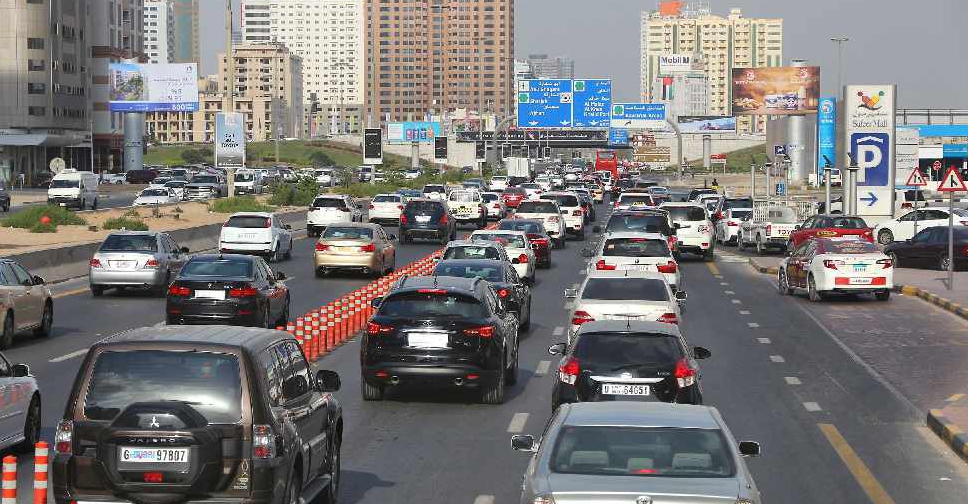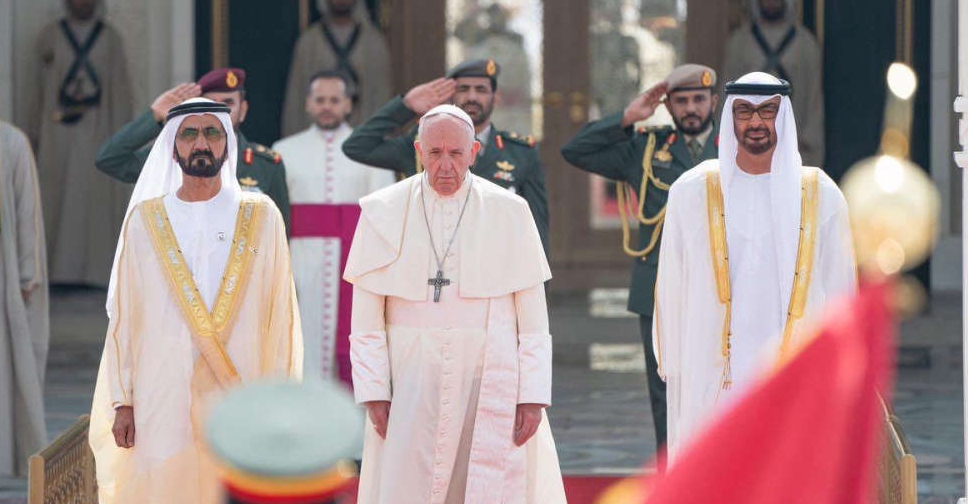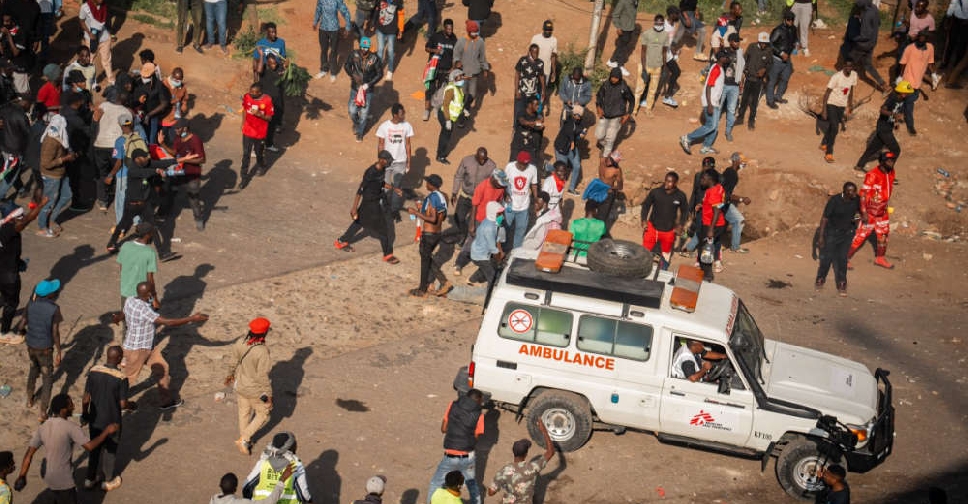
Police fired on demonstrators trying to storm Kenya's legislature on Tuesday and at least five protesters were shot dead, with sections of the parliament building set ablaze as lawmakers inside passed a bill to raise taxes.
In chaotic scenes, protesters overwhelmed police and chased them away in an attempt to storm the parliament compound, with Citizen TV reporting protesters had managed to enter the Senate chamber.
Police opened fire after tear gas and water cannon failed to disperse the crowds.
A Reuters journalist counted the bodies of at least five protesters outside parliament. A paramedic, Vivian Achista, said at least 10 had been shot dead.
Another paramedic, Richard Ngumo, said more than 50 people had been wounded by gunfire. He was lifting two injured protesters into an ambulance outside parliament.
"We want to shut down parliament and every MP should go down and resign," protester Davis Tafari, who was trying to enter parliament, told Reuters. "We will have a new government."
Kenyan activist Auma Obama, the half-sister of former US President Barack Obama, was among protesters tear-gassed during the demonstrations, a CNN interview showed.
Police eventually managed to drive the protesters from the building amid clouds of tear gas and the sound of gunfire.
The lawmakers were evacuated through underground tunnels, local media reported. In Washington, the White House said the United States was closely monitoring the situation in Nairobi and urging calm.
Ambassadors and high commissioners from countries including Britain, the US and Germany said in a joint statement they were deeply concerned by violence they had witnessed during recent anti-tax protests and called for restraint on all sides.
Internet services across the East African country experienced severe disruptions during the police crackdown, internet monitor Netblocks said.
Kenya's leading network operator Safaricom said outages had affected two of its undersea cables but the root cause of the disruptions remained unclear.
Protests and clashes also took place in several other cities and towns across Kenya, with many calling for President William Ruto to quit office as well as voicing their opposition to the tax rises.
Parliament approved the finance bill, moving it through to a third reading by lawmakers. The next step is for the legislation to be sent to the president for signing. He can send it back to parliament if he has any objections.
Ruto won an election almost two years ago on a platform of championing Kenya's working poor, but has been caught between the competing demands of lenders such as the International Monetary Fund, which is urging the government to cut deficits to obtain more funding, and a hard-pressed population.
Kenyans have been struggling to cope with several economic shocks caused by the lingering impact of the COVID-19 pandemic, the war in Ukraine, two consecutive years of droughts and depreciation of the currency.
The finance bill aims to raise an additional $2.7 billion in taxes as part of an effort to lighten Kenya's heavy debt load, with interest payments alone consuming 37 per cent of annual revenue.
"Ruto must go, Ruto must resign, he must do the honourable thing," senior opposition leader Eugene Wamalwa said in a statement on TV.
Another opposition leader, Raila Odinga,urged the immediate withdrawal of the finance bill to make way for dialogue.
The government has already made some concessions, promising to scrap proposed new taxes on bread, cooking oil, car ownership and financial transactions. But that has not been enough to satisfy protesters.

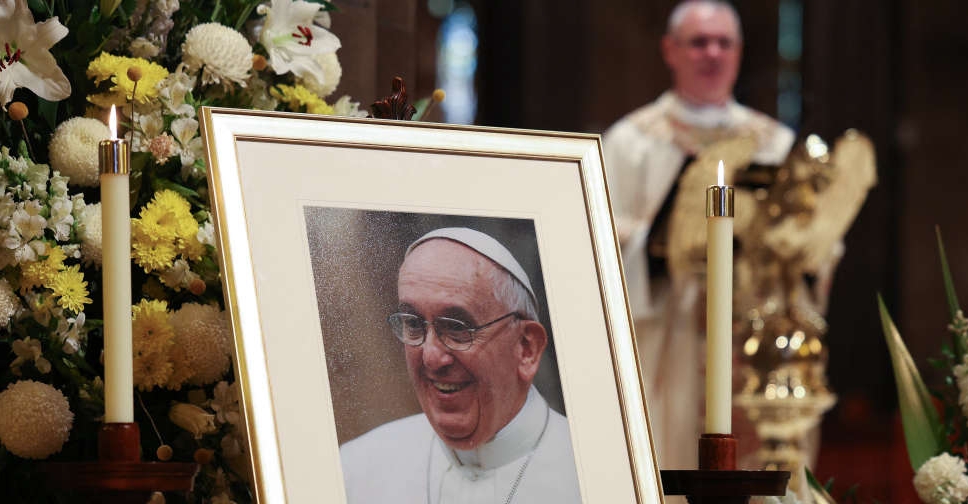 Pope Francis' funeral to be held on Saturday, Vatican says
Pope Francis' funeral to be held on Saturday, Vatican says
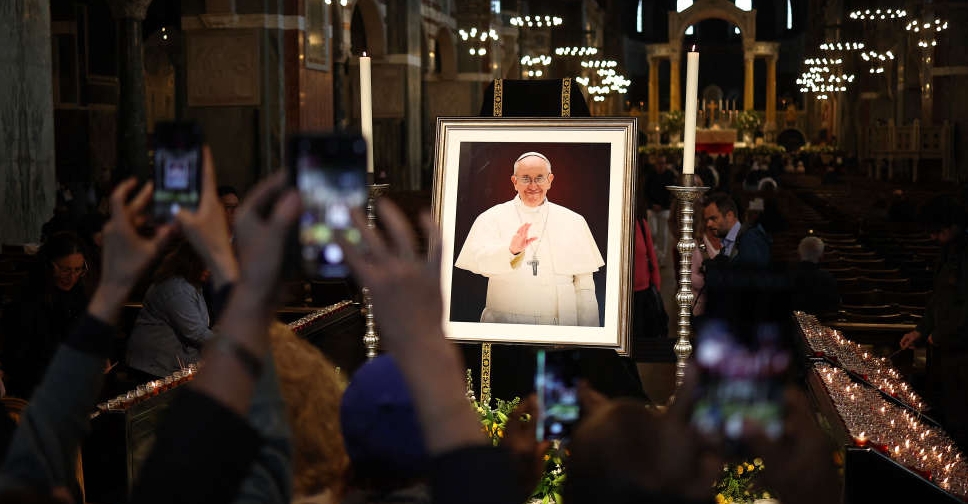 Cardinals meet after death of Pope Francis, plan for funeral
Cardinals meet after death of Pope Francis, plan for funeral
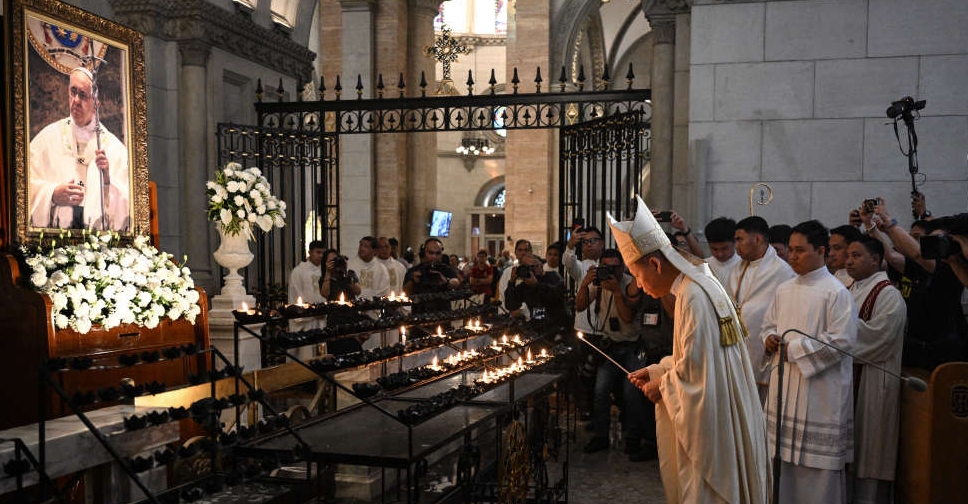 'A true father to us': Filipinos mourn Pope Francis
'A true father to us': Filipinos mourn Pope Francis
 Putin says he is open to direct peace talks with Ukraine
Putin says he is open to direct peace talks with Ukraine

